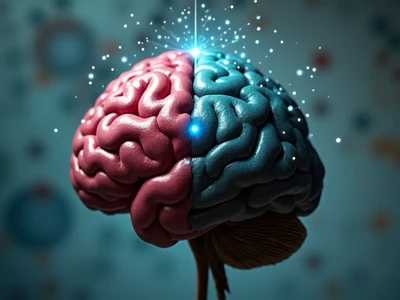Can Adderall Help with Depression? Understanding the Complex Relationship
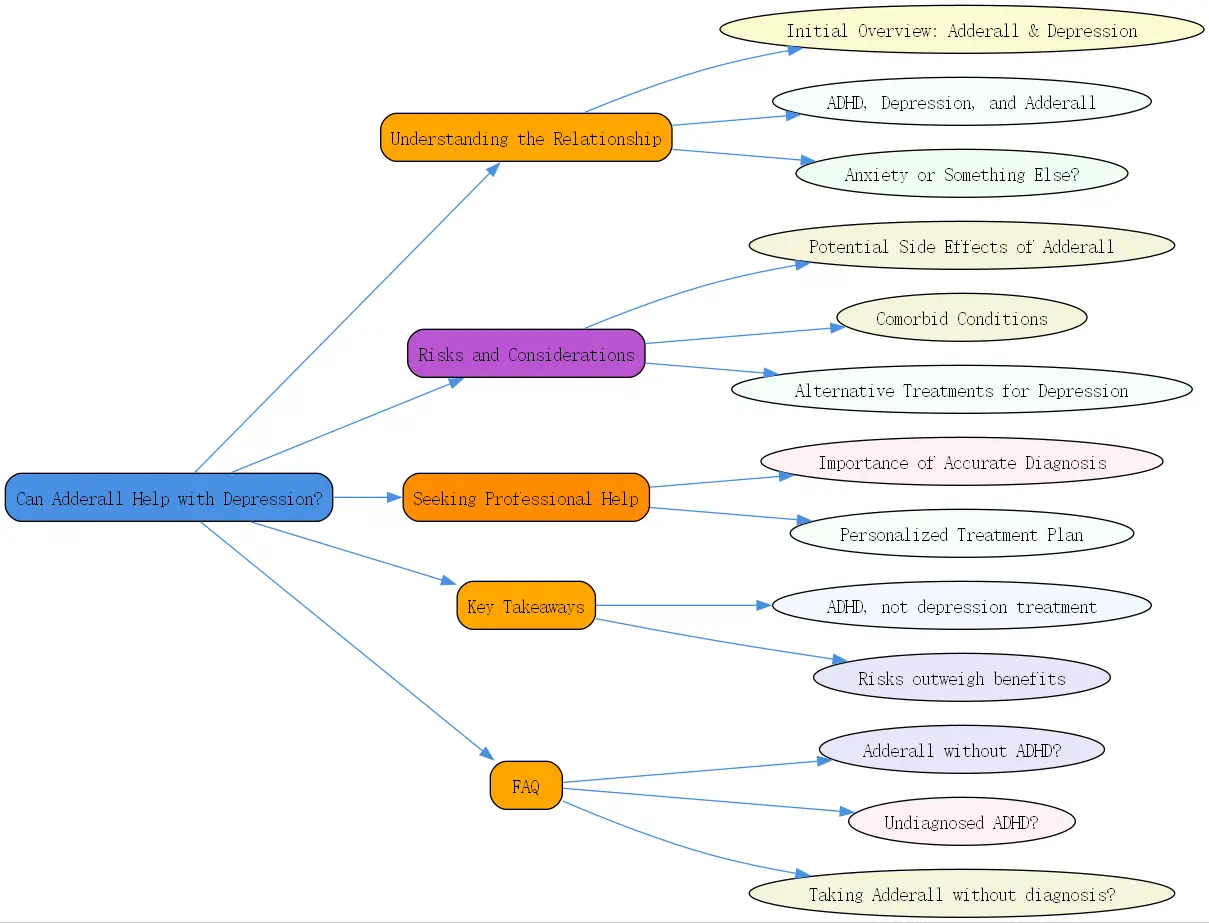
Depression affects millions worldwide, leading many to explore various treatment options. Among the questions frequently asked is whether medications prescribed for other conditions might help alleviate depressive symptoms. One such medication that generates considerable interest is Adderall, a stimulant primarily prescribed for Attention Deficit Hyperactivity Disorder (ADHD).
As mental health awareness grows, more people are researching connections between different conditions and treatments. This article will explore the complex relationship between Adderall and depression, examining both the potential benefits and significant risks involved in using this stimulant medication for depressive symptoms.
Does Adderall Help with Depression and Anxiety? An Initial Overview
When considering whether Adderall can help with depression, it’s essential to understand that this medication isn’t FDA-approved for treating depression. Adderall, a combination of amphetamine and dextroamphetamine, is primarily prescribed to treat ADHD and narcolepsy. Its stimulant properties increase the activity of certain neurotransmitters in the brain, particularly dopamine and norepinephrine.
Some individuals report temporary mood elevation when taking Adderall, which might seem like an improvement in depressive symptoms. This effect occurs because stimulants can briefly boost energy, focus, and feelings of well-being. However, this short-term effect doesn’t address the underlying causes of depression and may potentially mask symptoms rather than treat them.
The question “”can Adderall help with depression?”” requires careful consideration of both the potential short-term benefits and the substantial long-term risks. While some physicians might consider off-label use in specific situations, this approach remains controversial within the medical community.
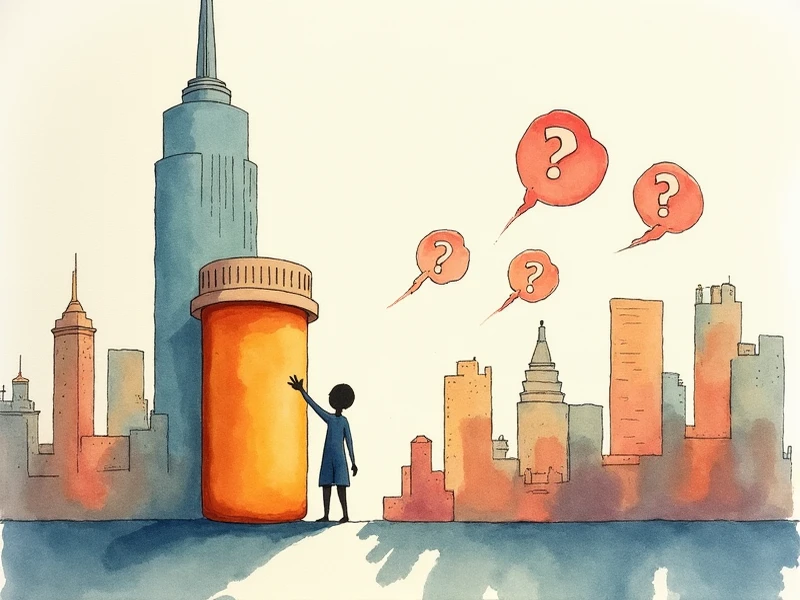
The Link Between ADHD, Depression, and Adderall
The relationship between ADHD and depression is particularly notable. Studies suggest that individuals with ADHD have a higher risk of developing depression, with some estimates indicating that up to 50% of adults with ADHD also experience depression at some point in their lives. This connection creates a complex clinical picture.
When someone has both ADHD and depression, treating the ADHD symptoms with Adderall might indirectly improve some depressive symptoms. For example, if a person’s depression stems partly from the challenges of living with untreated ADHD (such as chronic underachievement, relationship difficulties, or poor self-esteem), addressing the ADHD with appropriate medication could potentially alleviate some depressive symptoms.
Dr. Russell Barkley, a leading researcher in ADHD, notes that treating the ADHD first often makes sense when both conditions coexist. However, this doesn’t mean Adderall helps with depression directly – rather, it addresses an underlying condition that may be contributing to depressive symptoms.
Accurate diagnosis becomes crucial in these situations. What appears to be depression might sometimes be the emotional consequences of untreated ADHD, or both conditions might truly coexist. This distinction significantly impacts treatment decisions and outcomes.
When is it Anxiety, and When is it Something Else?
Before considering whether Adderall can help with depression and anxiety, it’s essential to ensure an accurate diagnosis. Many conditions can mimic anxiety and depression symptoms, potentially leading to inappropriate treatment if misdiagnosed.
Underlying Medical Conditions
Several medical conditions can present with symptoms similar to anxiety or depression:
Arrhythmias: Irregular heart rhythms can cause palpitations, shortness of breath, and feelings of panic that might be mistaken for anxiety. In clinical practice, cases have been documented where patients experiencing tachycardia (rapid heart rate) were initially misdiagnosed with anxiety disorders.
Hyperthyroidism: An overactive thyroid gland produces excess hormones that can cause restlessness, rapid heartbeat, weight loss, and feelings of nervousness or anxiety. These symptoms can closely resemble anxiety disorders but require completely different treatment approaches.
Medications, Supplements, and Diet
Various substances can induce or exacerbate symptoms that mimic anxiety and depression:
Over-the-counter medications: Some cold remedies, decongestants, and weight loss products contain stimulants that can trigger anxiety-like symptoms.
Herbal supplements: Products like ginseng, ephedra, or certain energy-boosting supplements may cause increased heart rate and feelings of anxiousness.
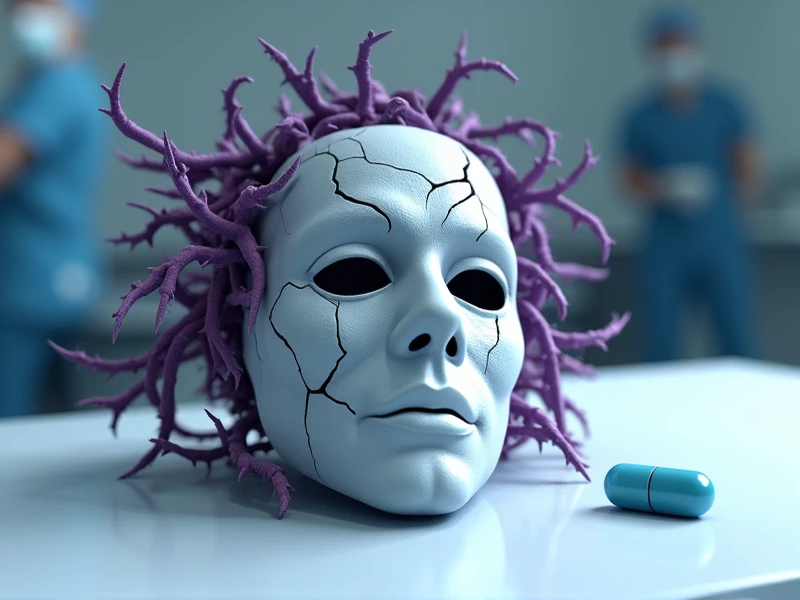
Alcohol/Tobacco/Caffeine: These common substances significantly impact mood and anxiety levels. Caffeine can increase anxiety symptoms, while alcohol might temporarily reduce anxiety but worsen depression over time. Similarly, tobacco affects neurotransmitter systems involved in mood regulation.
Other Clinical Scenarios
Menopause: Hormonal fluctuations during menopause can lead to new-onset anxiety or depression. The hormonal chaos typical of this life stage may require consideration of both the psychological symptoms and the underlying hormonal changes.
Elderly Patients: Anxiety symptoms in older adults might signal early dementia rather than a primary anxiety disorder. Cognitive changes can cause considerable distress that manifests as anxiety or depression.
The Risks and Considerations of Using Adderall for Depression
While some may wonder if Adderall helps with depression, understanding the potential risks is crucial before considering such an approach. The risks often outweigh any potential benefits for most individuals.
Potential Side Effects of Adderall
Adderall carries numerous side effects that may worsen overall quality of life, particularly for those with depression:
Insomnia and sleep disturbances are common with stimulant use, which can exacerbate depression symptoms, as adequate sleep is crucial for mental health. Many users experience appetite suppression leading to weight loss and potential nutritional deficiencies that may further impact mood.
Cardiovascular effects include increased blood pressure and heart rate. For some individuals, Adderall can trigger or worsen anxiety symptoms – a particular concern when considering whether Adderall can help with depression and anxiety comorbidity. The medication can cause feelings of nervousness, restlessness, and even panic attacks in susceptible individuals.
Perhaps most concerning for depression treatment is the potential “”crash”” effect. As Adderall wears off, users may experience a significant mood drop, fatigue, and intensified depression symptoms – potentially making the underlying condition worse over time.
Furthermore, Adderall carries a high risk of physiological dependence and psychological addiction. The DEA classifies it as a Schedule II controlled substance due to this potential for abuse. Developing a dependence on the medication can create additional complications in treating depression.
Adderall and Comorbid Conditions
When wondering if Adderall can help with depression, considering comorbid conditions becomes essential. Adderall may be particularly problematic for individuals with certain concurrent mental health conditions.
For those with anxiety disorders, Adderall can potentially intensify symptoms. The stimulant properties that increase alertness and energy can also heighten feelings of nervousness, tension, and worry. This makes the question “”can Adderall help with depression and anxiety?”” particularly complex – while it might temporarily boost mood, it could simultaneously worsen anxiety symptoms.
In bipolar disorder, stimulants like Adderall present significant risks. They can potentially trigger manic or hypomanic episodes in vulnerable individuals. For this reason, most psychiatrists consider bipolar disorder a contraindication for Adderall use unless carefully monitored and typically combined with mood stabilizers.
Alternative Treatments for Depression
Given the risks associated with using Adderall for depression, exploring evidence-based alternatives is essential:
Psychotherapy: Cognitive Behavioral Therapy (CBT) has robust evidence supporting its effectiveness for depression. It helps identify and change negative thought patterns and behaviors contributing to depression. Interpersonal therapy focuses on improving communication patterns and relationships that may impact mood.
FDA-approved antidepressants: Selective Serotonin Reuptake Inhibitors (SSRIs) like fluoxetine and sertraline are first-line medications for depression with decades of research supporting their efficacy. Serotonin-Norepinephrine Reuptake Inhibitors (SNRIs) such as duloxetine and venlafaxine may be particularly helpful when depression co-occurs with anxiety or certain pain conditions.
Lifestyle modifications: Regular physical exercise has been shown in multiple studies to significantly reduce depressive symptoms. Proper nutrition, particularly adequate intake of omega-3 fatty acids, B vitamins, and vitamin D, supports brain health and mood regulation. Establishing healthy sleep patterns through good sleep hygiene practices can substantially improve depressive symptoms.
Seeking Professional Help: A Comprehensive Approach
At BrainTalking, we emphasize the importance of professional evaluation when dealing with depression. Self-diagnosis and self-medication can lead to inappropriate treatment choices and potentially worsen outcomes.
How to assess patients
Healthcare professionals typically use structured approaches when evaluating patients with potential depression and considering whether medications like Adderall might be appropriate:
The OLD CART method helps gather comprehensive information about symptoms:
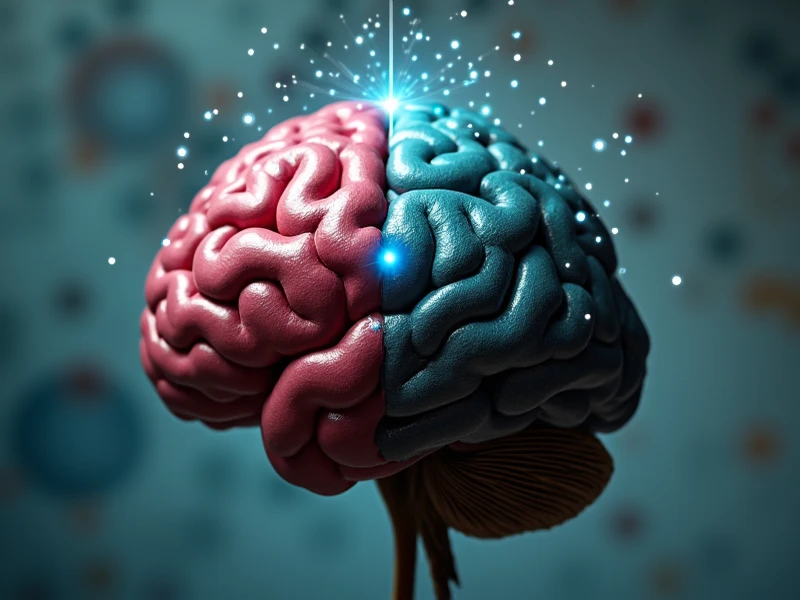
- Onset: When did symptoms begin?
- Location: How do symptoms manifest (physically and emotionally)?
- Duration: How long have symptoms persisted?
- Characteristics: What specifically characterizes the depression?
- Aggravating/Alleviating factors: What makes symptoms better or worse?
- Related symptoms: What other symptoms occur alongside depression?
- Treatment history: What treatments have been tried previously?
A thorough medication and supplement history is crucial, as many substances can affect mood and potentially interact with treatments. This includes prescription medications, over-the-counter products, supplements, and recreational substances.
The Importance of Accurate Diagnosis
The question “”does Adderall help with depression?”” cannot be properly answered without first ensuring an accurate diagnosis. Depression can sometimes mimic ADHD symptoms, with concentration difficulties, low energy, and motivation problems common to both conditions. Similarly, anxiety symptoms can overlap with both depression and the side effects of stimulants.
A qualified mental health professional will conduct comprehensive assessments that may include:
- Standardized screening tools like the PHQ-9 for depression or the GAD-7 for anxiety
- Detailed clinical interviews exploring symptom patterns
- Consideration of medical conditions that might impact mood
- Evaluation for co-occurring mental health conditions
This thorough approach helps prevent inappropriate treatment decisions and ensures that interventions target the actual underlying condition rather than just symptoms.
Developing a Personalized Treatment Plan
When seeking help for depression, treatment should be tailored to your specific needs and circumstances. BrainTalking providers believe in personalized mental health care rather than one-size-fits-all approaches.
A comprehensive treatment plan typically addresses multiple aspects of well-being:
- Biological factors through appropriate medication if needed
- Psychological factors through evidence-based therapy
- Social factors through relationship and support system development
- Lifestyle factors including sleep, nutrition, exercise, and stress management
For those wondering “”can Adderall help with depression?”” a thorough evaluation will help determine whether ADHD is present and potentially contributing to depressive symptoms. If ADHD is confirmed alongside depression, treating both conditions with appropriate medications and therapies offers the best chance for improvement.
Ongoing monitoring and adjustment is essential for effective depression treatment. Regular follow-up appointments allow for assessment of progress, management of any side effects, and modification of the treatment plan as needed.
Key Takeaways About Adderall and Depression
- Primary purpose: Adderall is FDA-approved for ADHD and narcolepsy, not depression
- Potential benefit: May indirectly help depression symptoms in those with comorbid ADHD
- Significant risks: Side effects, dependency potential, and “”crash”” effect can worsen depression
- Better alternatives: Evidence-based treatments like therapy, antidepressants, and lifestyle changes offer safer, more effective depression management
- Professional guidance: Accurate diagnosis by qualified healthcare providers is essential before considering any medication approach
FAQ: Common Questions About Adderall and Depression
Can Adderall help with depression if I don’t have ADHD?
For individuals without ADHD, Adderall is generally not recommended as a treatment for depression. While it may temporarily boost energy and mood, these effects are typically short-lived and followed by “”crashes”” that can worsen depression over time. Additionally, the risks of side effects, dependency, and potential abuse make it unsuitable for depression treatment in most cases. Evidence-based treatments like therapy and antidepressants provide safer, more effective options for managing depression.
How can I tell if my depression might be related to undiagnosed ADHD?
Depression related to undiagnosed ADHD often features specific patterns. You might notice that your depression is accompanied by lifelong difficulties with organization, time management, completing tasks, and maintaining focus. Your depressive symptoms might be particularly linked to feelings of underachievement, chronic frustration, or perceived failure. If these patterns sound familiar, consider discussing the possibility of ADHD with a mental health professional who can conduct a proper assessment. At BrainTalking, we specialize in comprehensive evaluations that can distinguish between these conditions and develop appropriate treatment plans.

